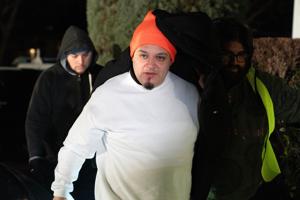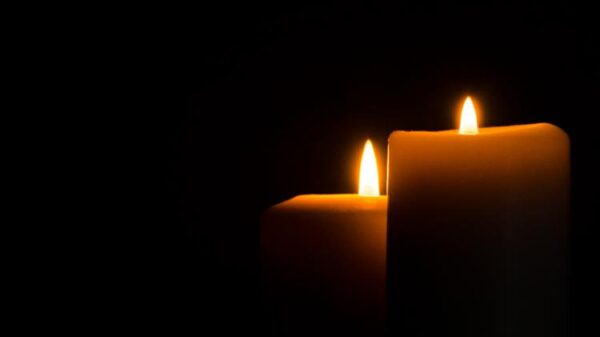A recent study has identified a new sleep disorder known as “social apnea,” indicating that certain weekend habits can exacerbate existing sleep issues. Researchers from Australia’s Flinders University discovered that younger adults, particularly those under 60, are more than three times as likely to experience worsening symptoms compared to older individuals.
Obstructive sleep apnea (OSA) is the most prevalent sleep-related breathing disorder, affecting approximately 30 million Americans, according to the American Academy of Sleep Medicine. This condition occurs when the throat muscles relax during sleep, obstructing the airway and causing repeated breathing interruptions. Alarmingly, nearly 80% of those affected remain undiagnosed, leading to severe health risks such as heart disease and cognitive decline.
Understanding Social Apnea
The findings suggest that the phenomenon of social apnea, characterized by intensified OSA symptoms on weekends, may indicate a more widespread problem. “Sleep apnea is already a major public health issue, but our findings suggest its true impact may be underestimated,” stated Dr. Lucia Pinilla, the study’s lead author. The research analyzed data from over 70,000 participants across the globe and revealed that individuals were 18% more likely to experience moderate to severe OSA on weekends compared to weekdays.
The spike in symptoms during the weekend can be attributed to a combination of lifestyle factors. Increased smoking and drinking habits are prevalent as the workweek concludes. Alcohol consumption acts as a relaxant, increasing the likelihood of airway collapse during sleep. Conversely, smoking leads to airway inflammation, further heightening the risk of obstruction.
The data showed that men were 21% more likely to suffer from severe OSA on weekends, while women experienced a 9% increase. Adults under 60 faced a significant 24% jump in weekend OSA severity, in contrast to just 7% among those over 60.
The Impact of Sleep Patterns
Sleep timing also plays a critical role in the severity of OSA. The study linked irregular sleep schedules, termed “social jetlag,” with a 55% increase in the likelihood of experiencing worsened OSA symptoms on weekends. Researchers found that even sleeping just 45 minutes longer than usual could raise OSA severity by 47%. The extended sleep duration increases time spent in REM sleep, a stage where OSA tends to worsen.
Another factor contributing to the increase is the inconsistent use of continuous positive airway pressure (CPAP) machines, the primary treatment for OSA. Effective only with regular use, many patients fail to adhere to the recommended guidelines, particularly on weekends. Prior studies indicate that younger adults are especially prone to skipping CPAP usage on Friday and Saturday nights, diminishing the treatment’s effectiveness.
These findings serve as the first concrete evidence that OSA severity intensifies on weekends, according to senior study author Danny Eckert, director of FHMRI Sleep Health. He emphasized the need for more thorough sleep assessments and personalized diagnostic tools, stating, “Relying on a single-night sleep study may miss important variations, leading to underdiagnosis or misclassification of OSA severity.”
In light of the weekend effect, researchers recommend maintaining a consistent sleep routine throughout the week. “Try to keep the same sleep schedule during the week and on weekends,” Eckert advised. He suggests ensuring a minimum of 7-9 hours of sleep each night and using prescribed OSA therapy consistently to combat the weekend spike in symptoms.
As sleep apnea continues to pose significant health risks, understanding the impact of weekend habits is crucial for improving diagnosis and treatment.








































































